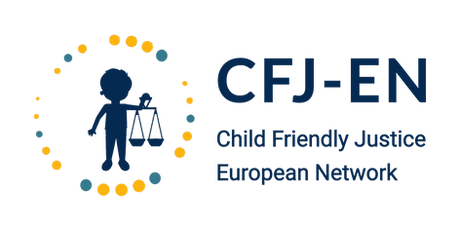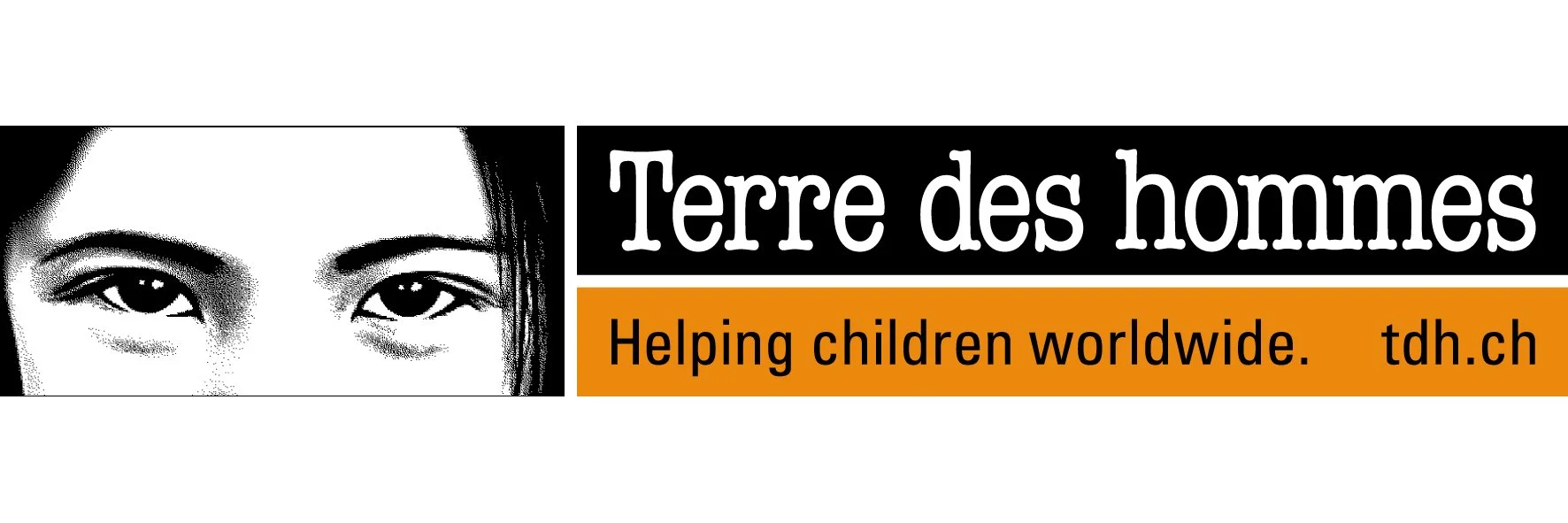
Justice for Children, Justice for All
Children are 30% of the world's population, but remain largely invisible in global justice efforts. To achieve justice for children, we must place children at the heart of the global movement for justice.
Strategy 2026-2030
Milestones to 2030
Towards 2030 and the conclusion of the Sustainable Development Agenda, the Global Working Group on Justice for Children: Milestones to 2030 chart the growing momentum behind justice for children.
The milestones span foundational publications and guidance, high‑level UN and international events that shaped global priorities, projects accelerating progress on the ground, and the enactment of new legislation, policy, and child-centred practices.
Check out the Milestones to 2030 timeline!
The Global Working Group on Justice for Children
The Global Working Group on Justice for Children promotes a shared commitment to advance child-centred justice. It places children, and their human rights, at the core of the people-centred justice movement, and recognises that without equal access to justice for children, we cannot achieve equal access to justice for all as outlined in SDG 16.3.
The international, multi-agency Global Working Group on Justice for Children is convened by the Institute for Inspiring Children’s Futures at the University of Strathclyde, with support from the Pathfinders for Peaceful, Just and Inclusive Societies and in close collaboration with the Justice Action Coalition. It includes Child Friendly Justice European Network, Defence for Children International, ECPAT International, International Legal Foundation, the Legal Empowerment Fund, OECD, the Office of the Special Representative of the Secretary General on Violence against Children, Terre des hommes Lausanne Foundation, and UNICEF.
The work of the Global Working Group is informed by the Global Declaration on Advancing Child-Centred Justice and the forthcoming UN Committee on the Rights of the Child General Comment No. 27 on children’s rights to access to justice and to an effective remedy.
We are delighted to announce the upcoming publication of the Global Working Group Strategy 2026-2030, and an accompanying Collective Plan.
Together, they build on the sustained momentum of the global child-centred justice movement, whilst responding to urgent and complex challenges. The Strategy and Collective Plan are both a call to action and a roadmap for resilience. They aim to drive meaningful progress through structured coordination, prioritised collective activities, and a results-based approach.
Stay tuned for the publication of our new Strategy, coming soon…
The Securing Children’s Access to Justice and Remedies through Local Empowerment in 5 Countries (5-SCALE) project seeks to make child-centred justice a reality by listening directly to children about their justice journeys, identifying what supports or hinders them, and incorporating their views and experiences into systemic reforms.
By centring children’s views and experiences in Colombia, Greece, The Philippines, Sierra Leone and South Africa, we aim to generate insights that drive holistic reforms, from grassroots initiatives to global justice transformation.
5-SCALE: Grassroots Dialogues on Children’s Justice Journeys
The Strategic Levers to Accelerate Justice for Children
Key Resources

“Responding to children’s distinct needs, and realising their full range of rights and opportunities, is the basis to achieving peaceful, just and inclusive societies for all.”
Picture: ©Tdh/Joakim Löb

















